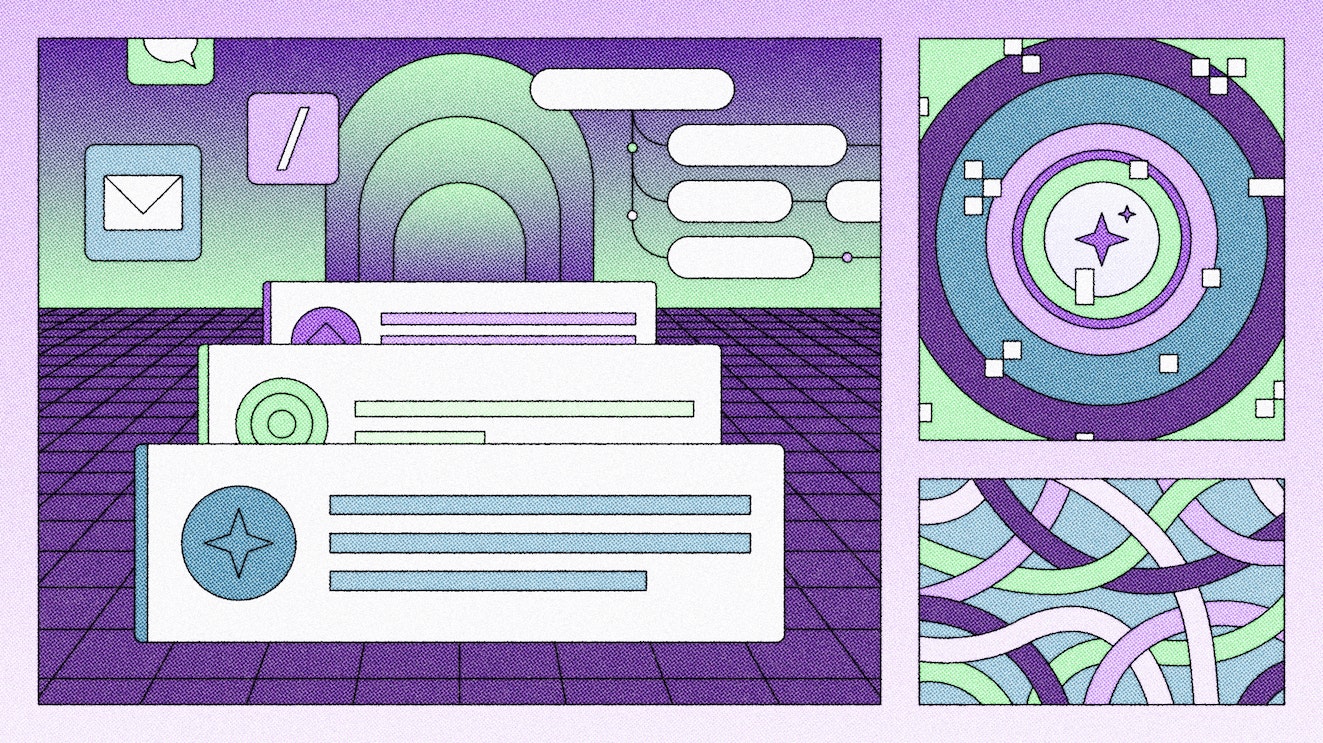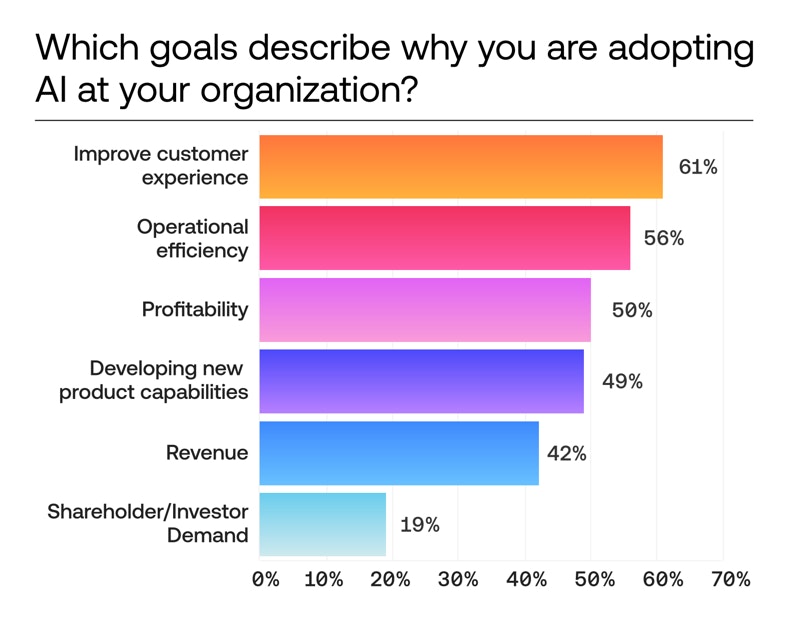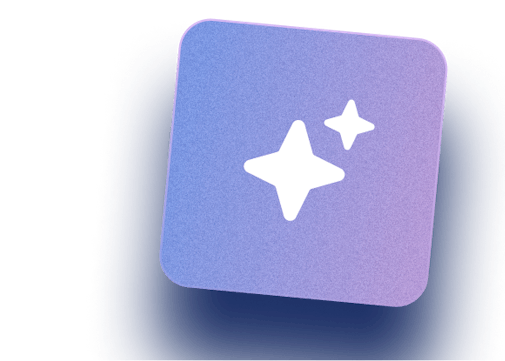We’ve Changed Our Minds About AI in Customer Service


At Help Scout, our mission is to empower businesses to delight more customers. We place tremendous value on the “delight” part of that equation. We’ve never included ticket numbers in emails to your customers; instead, we call them conversations. We never say someone’s available to chat unless they are. We didn’t rush to build chatbots that strike out too often and frustrate customers. We make products optimized for your customer first, which is why many of you choose Help Scout.
As a result of recent progress in the field of AI — particularly the adoption of large language models (LLMs) — we’re entering the golden age of delighting customers. This technology enables us to build things we wouldn’t have dreamed of when we founded the company twelve years ago, but we’re having a lot of fun building them now. It’s changed our perspective on AI and what it can do for growing businesses.
What makes this AI cycle different
We’ve followed all of the “AI for customer support” hype cycles very closely. We don’t think of ourselves as experts — we’re builders, always in search of new tools to help us (and you) delight more customers. We tried all of the tools. We built things with them, we used them internally, but they all fell short. We spent a lot of time in two different areas:
We used a lot of chatbot tools and got to know the technology powering them. In most cases, the chatbots were arguably not using AI, and their capabilities were limited. Ultimately, we found that search was a better UX than a chatbot.
We tried several different things with machine learning — we even got very close to acquiring an AI company. We tried predictive AI for tagging, draft responses, workflows, and Docs article recommendations. The problem was that for the model to be semi-accurate, it required more data than 95% of our customers had.
The new tools (LLMs) very quickly blew us away and solved several of the challenges we had experienced previously. LLMs have practical applications that can benefit every business, particularly customer support teams. In fact, “improving the customer experience” is the top reason business are adopting generative AI tools today:

In February, we put together a small group of folks to spend 30 days learning, prototyping ideas, and building things with LLMs (OpenAI, specifically). After those 30 days, unbelievably, the team had built seven things we were excited about. Right then and there, we started re-working the product roadmap.
Needless to say, our thoughts about whether AI is “the right tool for the job” have evolved significantly. When thoughtfully applied, this technology will enable you to delight more customers without having to adopt clunky enterprise-level tools your team doesn’t want to use. You can love your support platform again.
What we’re building
We’re focused on two themes: (1) giving support professionals more leverage and (2) providing your customers with a more delightful experience. What we’re releasing speaks to the first theme:
AI summarize — Summarize long conversations into a few bullet points with one click.
AI assist — Easily translate text in conversations, Docs articles, and Messages into different languages, adjust the tone of voice, fix wordiness, or expand the length — all in a matter of seconds.
These features are a lot of fun to use, but we’re just scratching the surface of what’s possible with the tools now available. We’re working hard on some other ideas as well and are eager to share them with you.
What about customer support jobs?
LLMs are powerful because they can read and write English incredibly well. In some cases, it makes them look much smarter than they actually are. None of us can predict the future, but I have an optimistic view on this topic (like many others). I believe these tools are going to help customer support professionals do even better work, which has a fundamental impact on the customer and the business.
For us, and for the businesses we talk to, this is about more than technology disrupting the labor market (which has happened for centuries). It’s about giving everyone magical tools they didn’t have access to before. Some customer-facing roles may evolve or disappear, but with that change will come an opportunity to adapt, learn new skills, and do more fulfilling work.
The internet changed the world as we know it — in good ways and bad, but we believe much more so for good. This technology could be just as impactful. These tools can augment the creative process, enable us to learn faster, and speed up complex tasks. They can do a lot of good, and we’re keen to explore ways of applying that in our product. We truly are entering the golden age of delighting customers.
The road ahead
We haven’t been this excited about a new technology since founding the company twelve years ago, but there’s still a lot of work ahead. We’re eager to focus more of our attention on crafting delightful user and customer experiences, backed by AI. Until then, we hope you enjoy the new things we’ve shipped so far!
